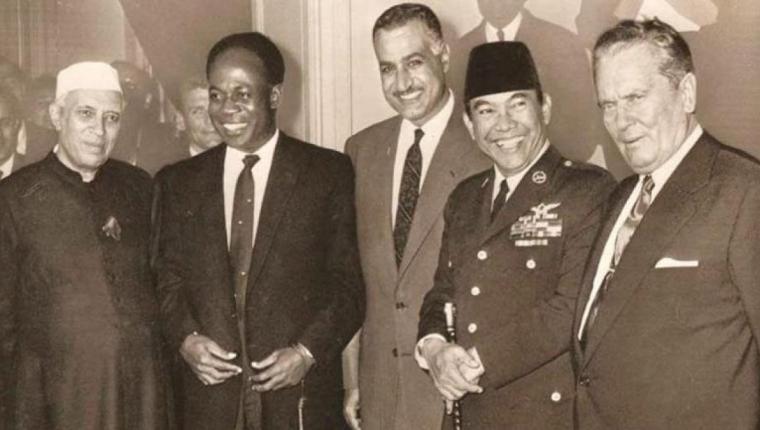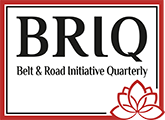
2025 marks the 70th anniversary of the landmark Bandung Conference, a pivotal moment in the history of global South solidarity and the non-aligned movement. The Belt & Road Initiative Quarterly (BRIQ) is proud to announce a special issue dedicated to exploring the historical significance, enduring legacy, and contemporary relevance of this seminal conference.
We invite scholars, researchers, and practitioners to submit papers that explore the impact of the Bandung Conference on decolonization processes and, more broadly, on international relations, as well as its role in shaping the modern world order.
Contributions may examine the conference’s contributions to the principles of sovereignty, self-determination, and mutual respect among nations, as well as its legacy in today’s geopolitical and socio-economic contexts.
Topics may include, but are not limited to:
- Historical analyses of the Bandung Conference’s outcomes
- The Bandung spirit in contemporary international relations
- The continued relevance of the Five Principles of Peaceful Coexistence (mutual respect for sovereignty and territorial integrity, mutual non-aggression, non-interference in each other’s internal affairs, equality and mutual benefit, and peaceful coexistence)
- The role of the Bandung Conference in the decolonization process
- The conference’s influence on the formation of the Non-Aligned Movement
- Assessments of the Non-Aligned Movement
- Lessons from Bandung for current global South solidarity and cooperation
- The impact of Bandung on anti-imperialism and anti-colonialism movements
- The relevance of Bandung principles in the context of the Belt & Road Initiative and other initiatives worldwide
- Case studies of countries or leaders influenced by the Bandung Conference
We welcome paper submissions in English and Turkish, reflecting the diverse and global nature of the Bandung Conference’s legacy. To ensure accessibility and broader dissemination of accepted papers, all contributions selected for publication will be translated into English and Turkish. Authors are encouraged to submit their original research in any of the aforementioned languages, and the BRIQ will manage the translation process for the final published versions in the special issue.
Submission Guidelines
BRIQ (Belt & Road Initiative Quarterly) is a scholarly journal of international politics, economy, and culture. Belt and Road Initiative Quarterly (BRIQ) features a broad range of content, from academic articles to book reviews, review essays, interviews, news reports, and feature articles.
The Editorial Board can issue calls for papers for special issues and invite authors to contribute manuscripts; however, it also welcomes unsolicited submissions.
Submissions are invited in English or Turkish. All submissions are to include a short biography (150-word limit) and should be sent as Microsoft Word attachments to briq@briqjournal.com . Articles or other content that have been previously published or are under review by other journals will not be considered for publication. BRIQ follows American Psychology Association style (6th edition, https://www.apastyle.org) and uses American English spelling.
BRIQ uses a double-blind review process for all academic articles. Academic articles should be between 5,000 and 9,000 words in length, including abstracts, notes, references, and all other content. Please supply a cover page that includes complete author information, and a fully anonymized manuscript that also contains an abstract (200- word limit) and 5 keywords. Book reviews should not exceed 1,000 words; review essays covering two or more works can be up to 3,000 words. News reports consisting of brief analyses of news developments should not exceed 1,500 words; feature articles combining reporting and analysis can be up to 3,500 words. Please contact the Editorial Board for interview proposals.
